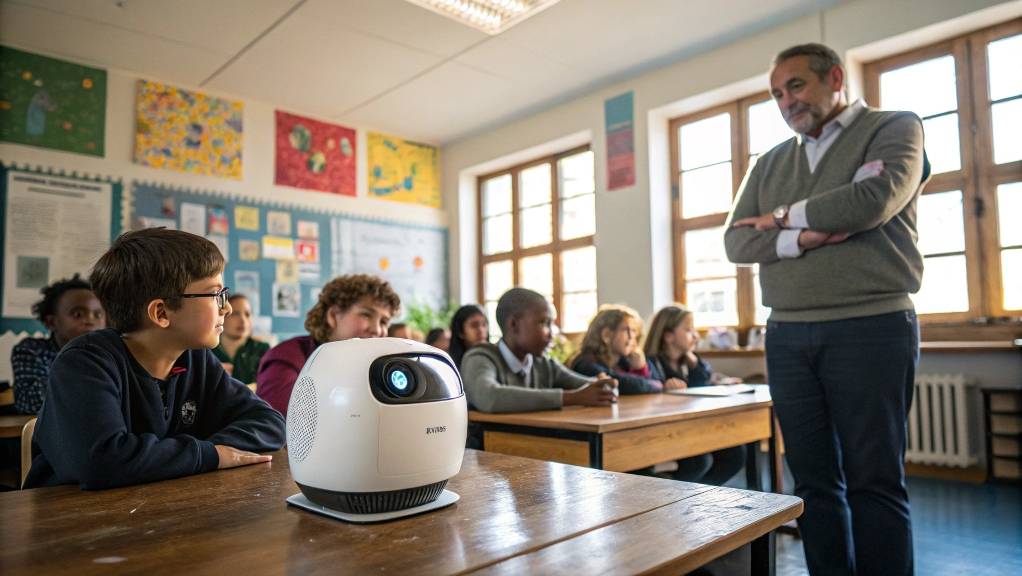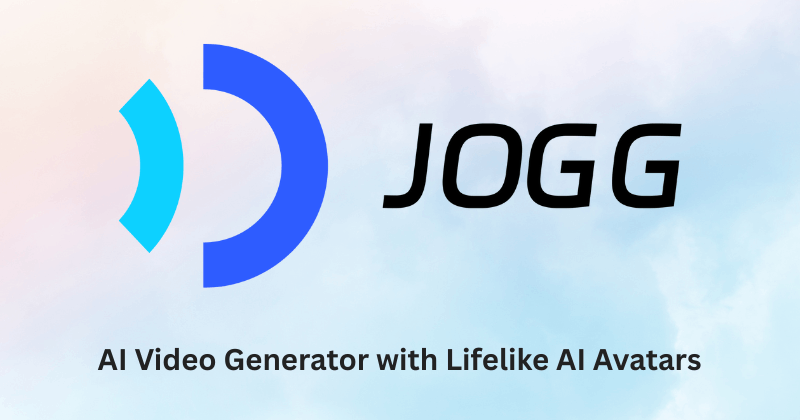Teachers are diving headfirst into the world of AI, and it’s about time. With an impressive 60% of educators now using AI tools in their daily work, there’s a palpable momentum. Last year, only 40% were on board. It’s like watching a slow-moving train finally hit its top speed.
The RAND survey revealed that 25% of teachers are actually incorporating AI into their instructional planning. Not bad, right? But let’s face it, that leaves a big chunk of teachers still stuck in the old ways.
English language arts and science teachers are leading the charge. They’re almost twice as likely to use AI compared to their math and elementary counterparts. Maybe they just like the shiny new toys more?
English language arts and science teachers are embracing AI at nearly double the rate of their math and elementary peers.
Schools are getting wise, too. Professional development sessions for AI training shot up to 43%, a staggering 50% increase from last year. But here’s the kicker: there’s a wild disparity in the quality of that training. Some schools are hitting the mark, while others are floundering. High-poverty schools, in particular, are lagging.
AI is carving out its niche in lesson planning, grading, feedback, and classroom management. Tools like Google Classroom and Khan Academy are stepping up, integrating AI features like it’s no big deal. Teachers are starting to view AI as a reliable copilot. It’s there to assist, not replace. Thank goodness for that! Intelligent tutoring systems aim to personalize learning experiences for students, which can enhance engagement and effectiveness in the classroom. With the global EdTech market projected to reach 404 billion dollars by 2025, the momentum is only expected to grow.
But not everyone is on the same page. About 60% of principals are using AI tools, while only 25% of teachers are. Talk about a divide!
While the perks of AI are hard to ignore—time saved, personalized learning, increased efficiency—the challenges lurk ominously. Concerns about data privacy, bias, and whether this tech will overshadow traditional teaching remain.
The future is bright, but it’s also a bit blurry. Buckle up, because this ride is just getting started.








